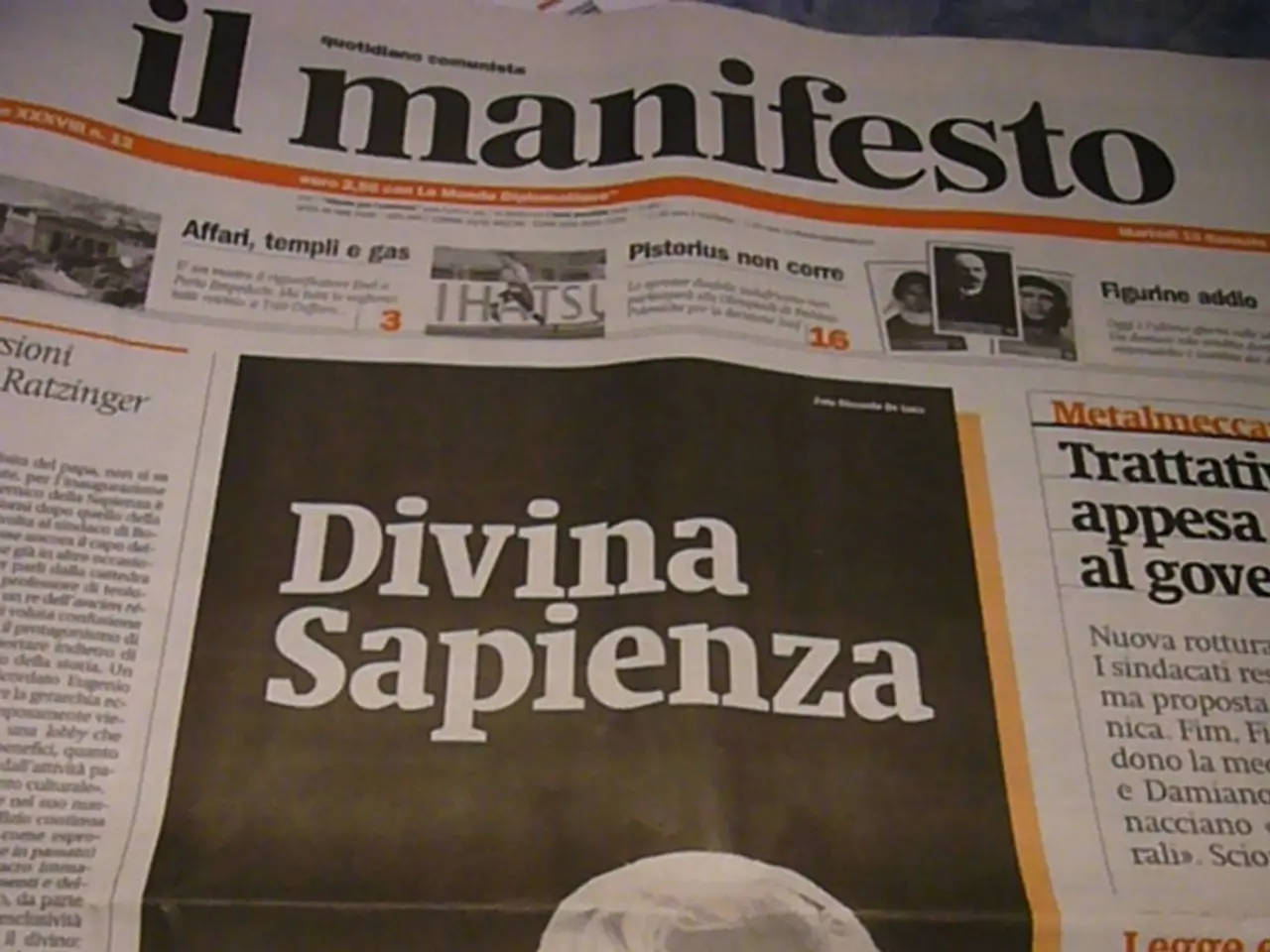Deception unveiled: truth exposed as falsehood
In the face of increasing disinformation and fake news during election campaigns, Europe has developed a comprehensive strategy to combat this threat to democratic processes. This strategy, which has been evolving since 2014, combines regulatory, technological, and collaborative approaches.
At the heart of this strategy is the EU's Digital Services Act (DSA), enacted in 2022. The DSA mandates online platforms to take stronger measures against misinformation, with potential sanctions if they fail to act. Although enforcement is ongoing and complex, it provides a legal basis to hold platforms accountable. In 2025, the 2022 Code of Practice on Disinformation was integrated into the DSA framework, forming the Code of Conduct on Disinformation. The European Board for Media Services and the European Board for Digital Services monitor adherence to these codes and help coordinate enforcement efforts across member states.
The EU has also launched several specialized initiatives and tools to combat disinformation. The East StratCom Task Force, established in 2015, and its flagship project EUvsDisinfo analyze and debunk Kremlin-originated disinformation campaigns, emphasizing awareness of foreign interference. The European Digital Media Observatory (EDMO) creates a pan-European network of fact-checkers, researchers, media literacy experts, and policy makers to promote collaboration, share data, and build resilience among citizens and journalists. The Rapid Alert System (RAS) and Foreign Information Manipulation and Interference - Information Sharing and Analysis Centre (FIMI-ISAC) serve as rapid information-sharing platforms between stakeholders.
In addition to these measures, the EU supports media literacy programs, provides resources for independent fact-checkers, and backs journalists through training and capacity-building to resist manipulation and propaganda. The EU also fosters civil society organizations' democratic resilience. International cooperation plays a crucial role in addressing state-sponsored disinformation and promoting joint countermeasures worldwide, with the G7 Rapid Response Mechanism coordinating with the EU.
However, Europe's strategy is not without challenges. Transparency about algorithms and swift intervention in disinformation are overdue. Trust in democratic institutions can be permanently damaged by targeted disinformation, as seen in the U.S. In some cases, fake news videos and misleading information have influenced election outcomes, such as the Bundestag election campaign of 2025 in Germany.
Each individual plays a role in countering disinformation. As critical readers, vigilant voters, and defenders of the truth, everyone can contribute to preserving democratic processes amid increasingly sophisticated disinformation campaigns. The 2025 federal election in Germany will be a test of the country's resilience against manipulation attempts. Democracy lives on truth and dies with lies.
- In the ongoing battle against disinformation, social media platforms are required to strengthen their measures, under the EU's Digital Services Act (DSA), to combat misinformation effectively, as failure to do so may lead to penalties.
- The involvement of social media in entertainment can often blur the lines between fact and fiction, making it crucial for users to exercise caution and fact-check information, contributing to the preservation of democratic processes from disinformation campaigns.







